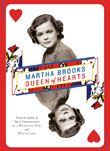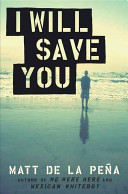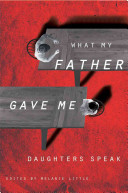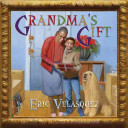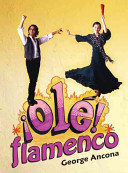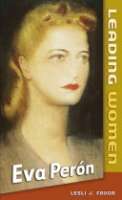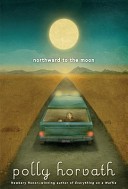
Jane and her family have moved to Canada . . . but not for long. When her stepfather, Ned, is fired from his job as a high school French teacher (seems he doesn’t speak French), the family packs up and Jane embarks on a series of new adventures. At first, she imagines her family as a gang of outlaws, riding on horseback in masks, robbing trains, and traveling all the way to Mexico. But the reality is different: Setting off by car, they visit the tribe of Native Americans with whom Ned once lived, head to Las Vegas in search of Ned’s magician brother, and wind up spending the summer with his eccentric mother on her ranch out west. As Jane lives through it all–developing a crush on a ranch hand, reevaluating her relationship with Ned, watching her sister Maya’s painful growing up–she sees her world, which used to be so safe and secure, shift in strange and inconvenient ways.


